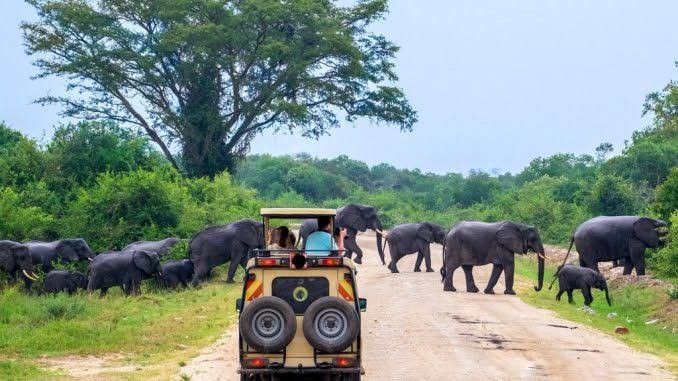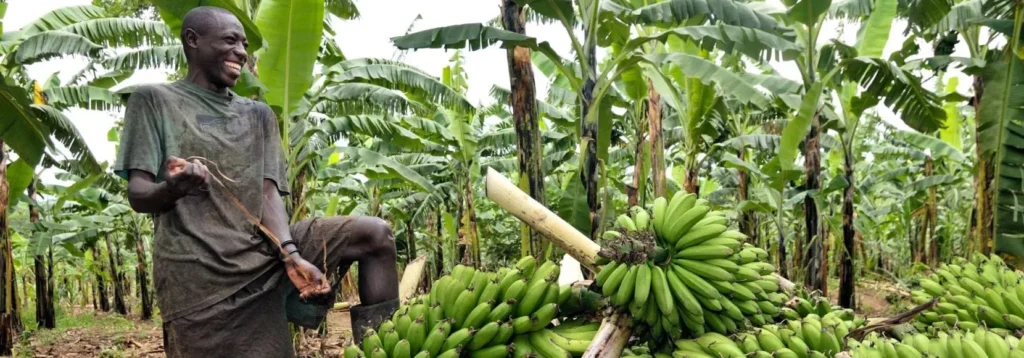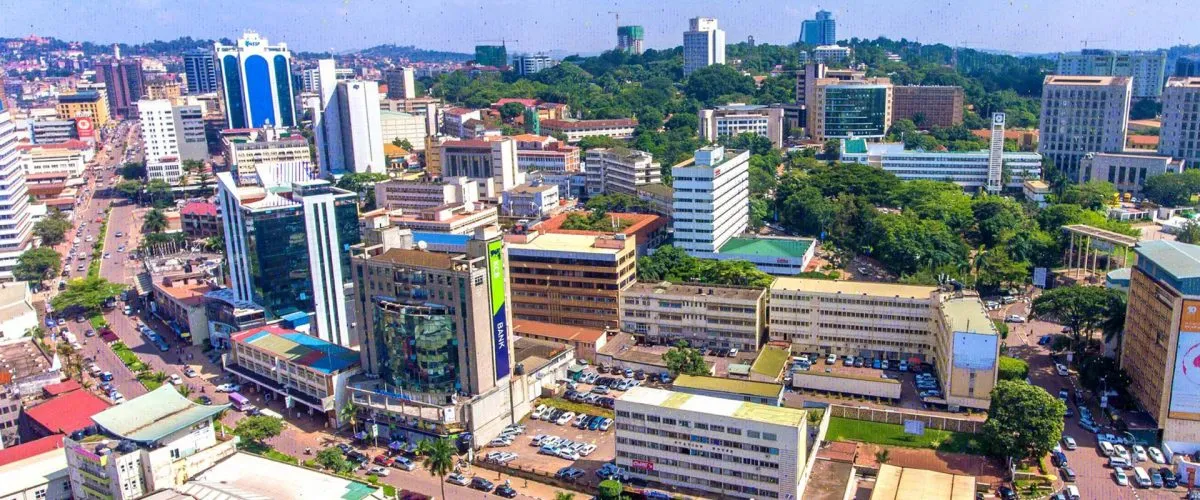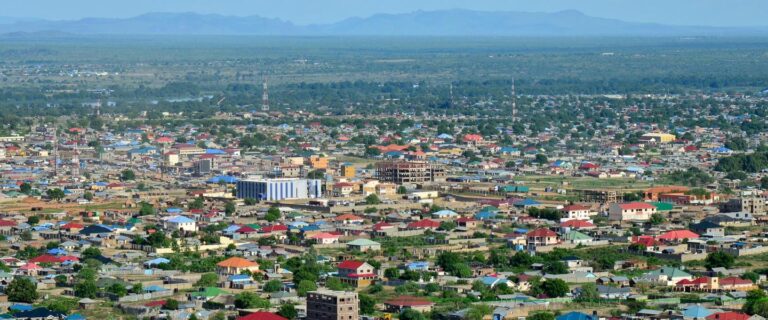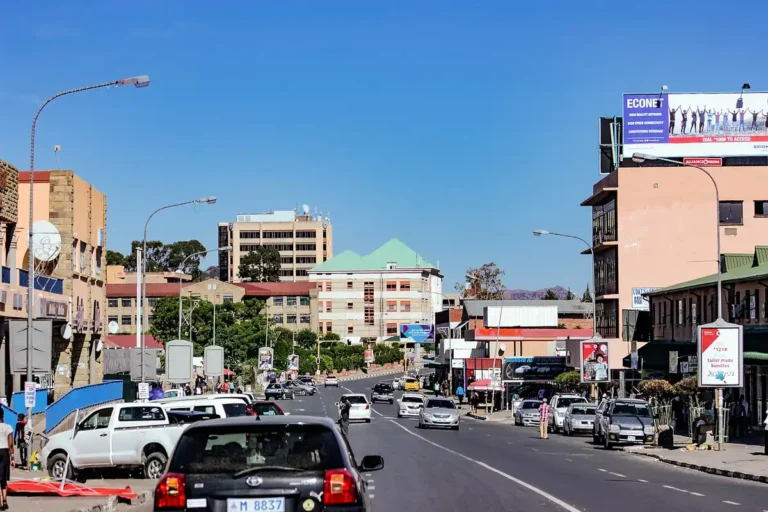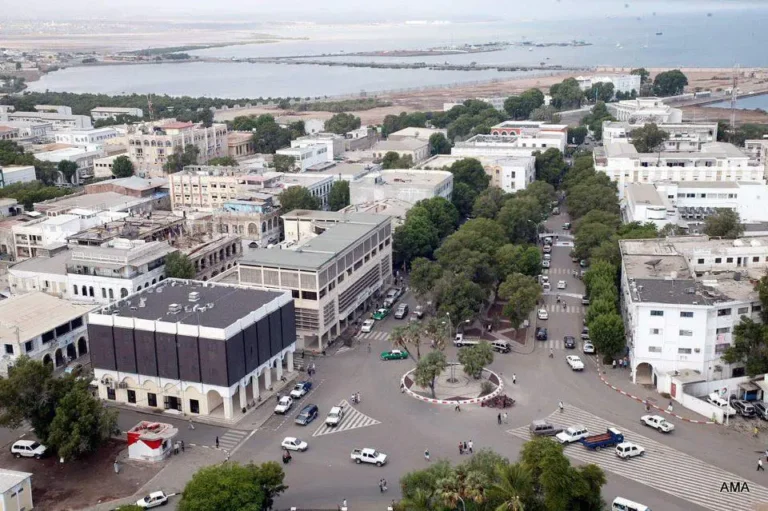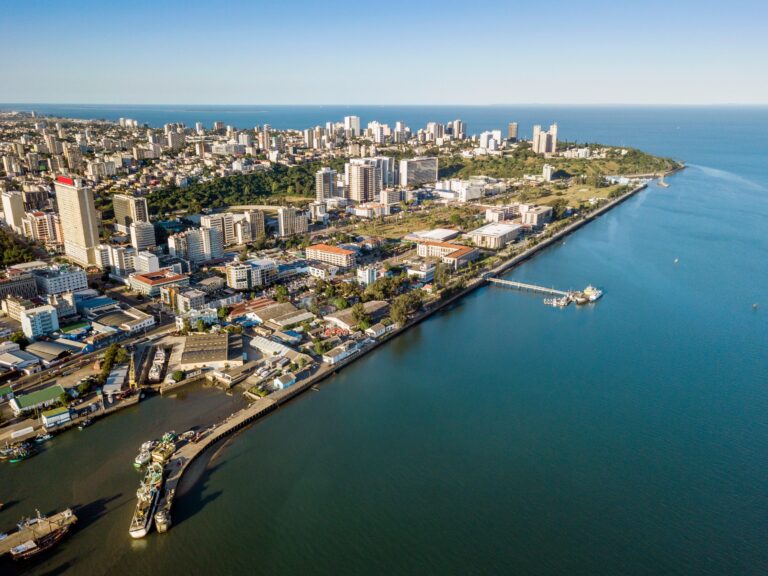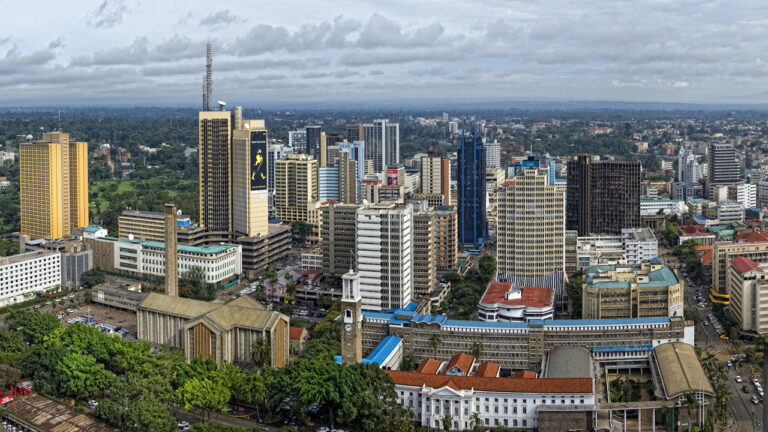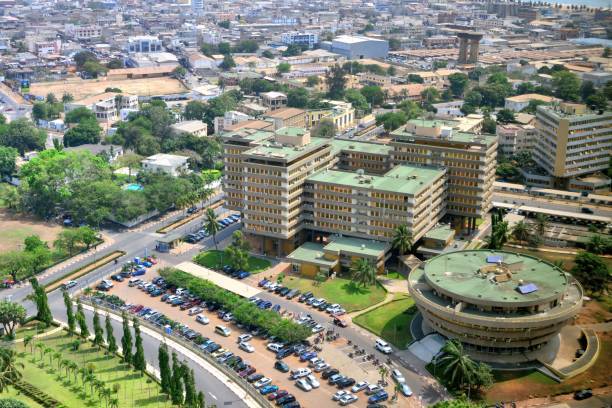Uganda officially the Republic of Uganda, is a landlocked country in East Africa. The country is bordered to the east by Kenya, to the north by South Sudan, to the west by the Democratic Republic of the Congo, to the southwest by Rwanda, and the south by Tanzania. The southern part of the country includes a substantial portion of Lake Victoria, shared with Kenya and Tanzania. Uganda is in the African Great Lakes region. Uganda also lies within the Nile basin and has a varied but generally modified equatorial climate.
The current population of Uganda is 48,132,380 as per the world meter elaboration of the latest United Nations data of which 8.5 million live in the capital and largest city of Kampala.
Yoweri Kaguta Tibuhaburwa Museveni is a Ugandan politician and retired senior military officer who is the ninth and current president of Uganda.
Uganda’s economic freedom score is 54.2, making its economy the 127th freest in the 2022 Index. Uganda is ranked 24th among 47 countries in the Sub-Saharan Africa region, and its overall score is above the regional average but below the world average.
The economy of Uganda has great potential and appeared poised for rapid economic growth and development. Uganda is endowed with significant natural resources, including ample fertile land, regular rainfall, and mineral deposits.
Agricultural products supply a significant portion of Uganda’s foreign exchange earnings, with coffee alone, of which Uganda is Africa’s second-largest producer after Ethiopia
With a young and rapidly growing population, extremely productive agricultural lands, a nascent oil sector, and a strategic location in the heart of East and Central Africa, Uganda offers great economic potential.
The Economic and Commercial Section at the United States Mission in Kampala offers several commercial services that aim to promote American trade and investment interests, encourage United States exports, and level the playing field for all businesses by advocating for open markets, free trade, and predictability and transparency in the regulatory environment
Youth in Uganda are the youngest population in the world, with 77% of its population being under 25 years of age. Uganda Population and Housing Census and United. Nations projections, about 50% of the population is below 15 years, and youth make up 22.5%
The plan has prioritized five key growth drivers with the greatest multiplier effect as identified in the Uganda Vision 2040 namely: Agriculture; Tourism, Minerals, Oil and Gas; Infrastructure; and Human Capital Development.
Business opportunities in Uganda
Agriculture:
The Agricultural Sector continues to be the most important in Uganda; it employs approximately 72% of the population and contributed about 32% to the GDP. However, Productivity is limited by reliance on natural weather conditions and the still widespread use of traditional methods and equipment.
Tourism:
Uganda has large underexploited mineral deposits of gold, oil, high-grade tin, tungsten/wolfram, salt, beryllium, cobalt, kaolin, iron ore, glass sand, vermiculite, phosphates, uranium, and rare earth elements.
Mining and mineral:
New geo-data shows that Uganda has large underexploited mineral deposits of gold, oil, high-grade tin, tungsten/wolfram, salt, beryllium, cobalt, kaolin, iron ore, glass sand, vermiculite, phosphates (agricultural fertilizer), uranium and rare earth elements.
